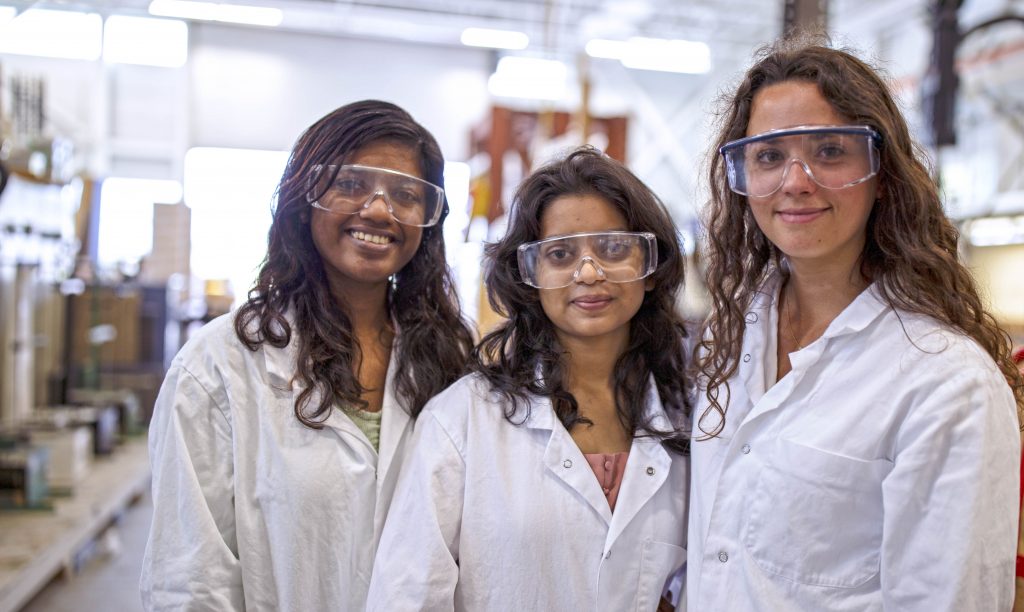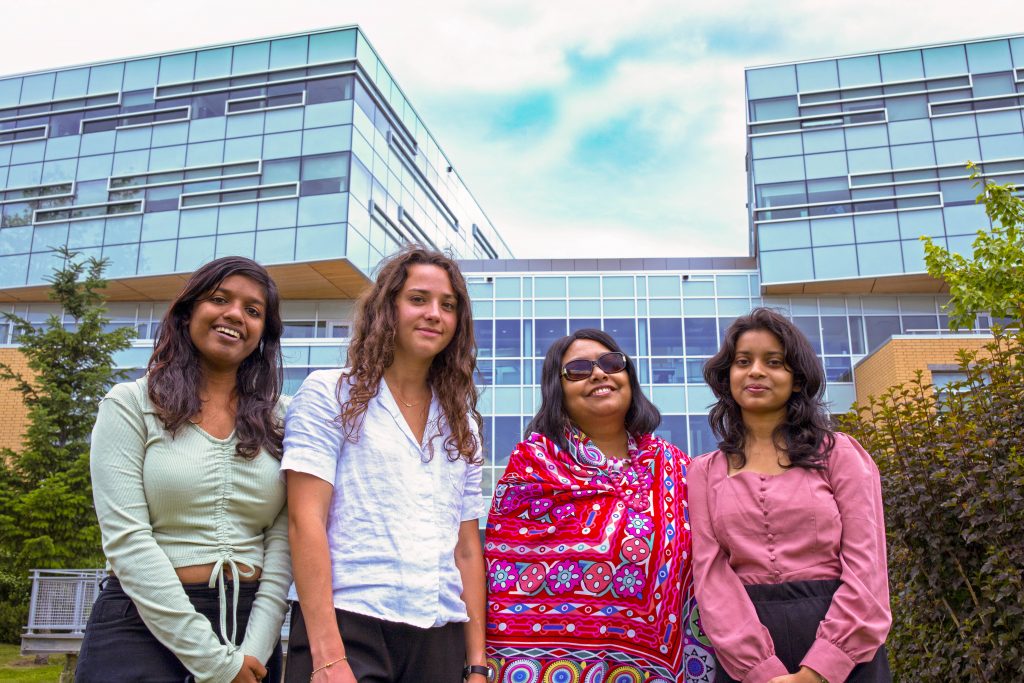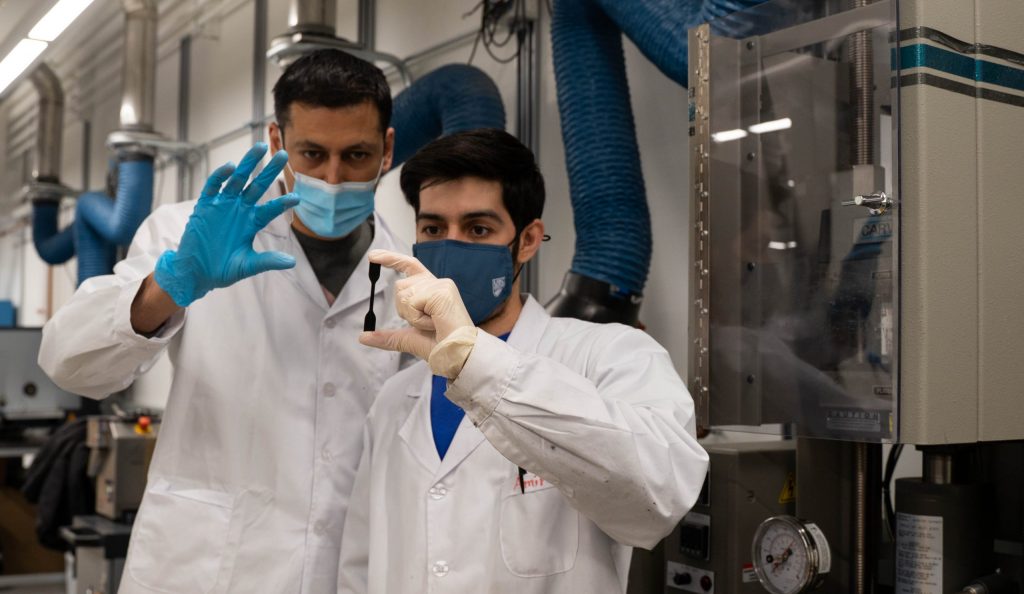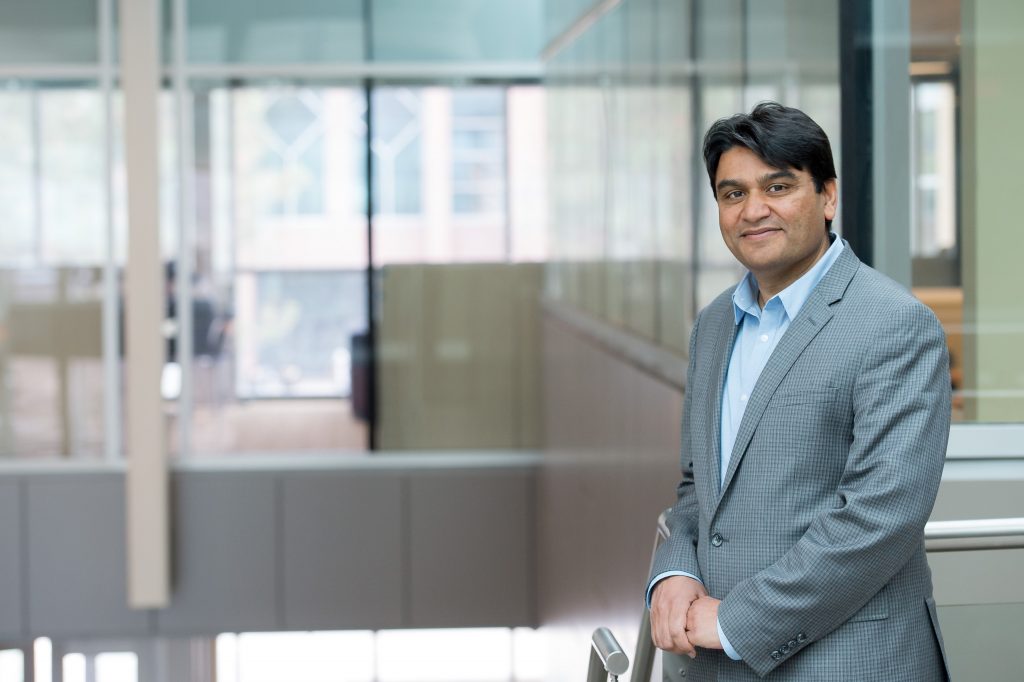Fang (Fiona) Fang is a graduate of the University of British Columbia’s Okanagan campus School of Engineering and an assistant professor at the Western University.
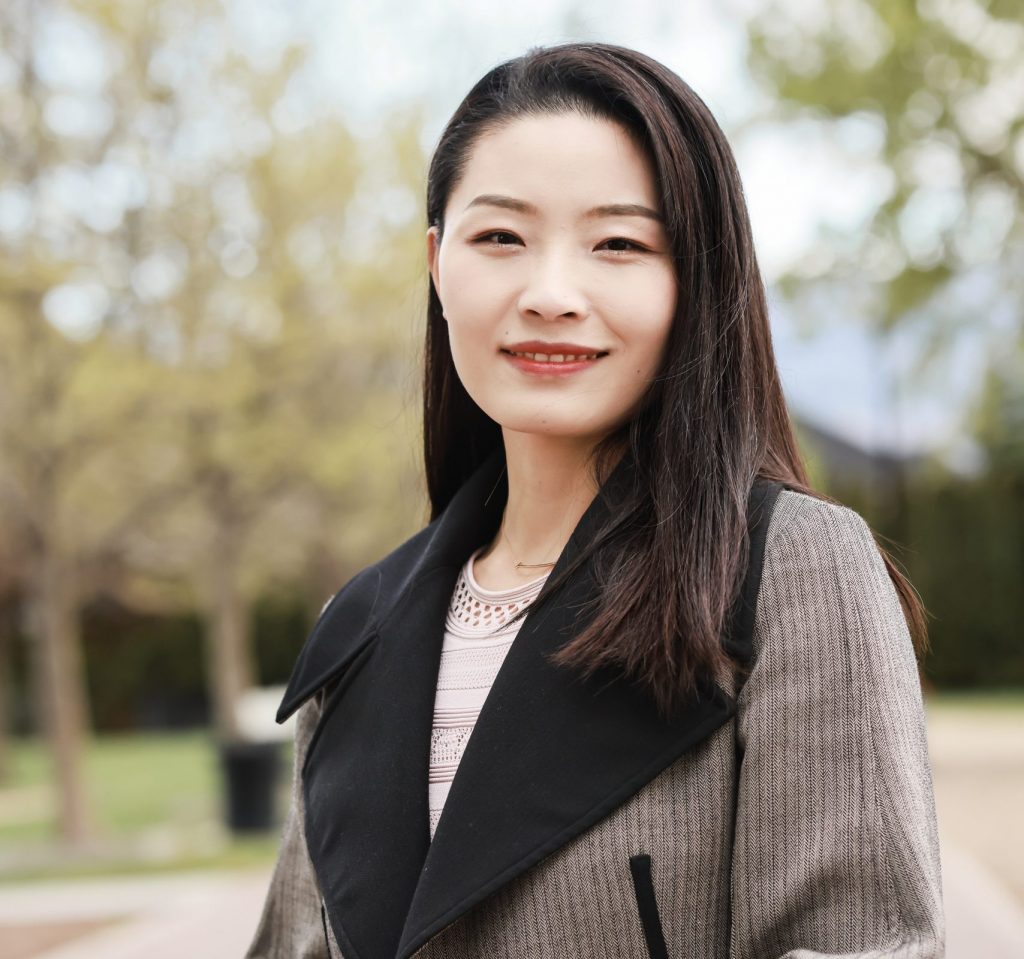
What brought you to UBC Okanagan?
I had always dreamed of studying in Canada since I was a child. To be honest, UBC Okanagan was the only University I applied to when I was looking for Universities to pursue my PhD degree. As one of the top Electrical Engineering program in Canada, UBC Okanagan undertakes cutting-edge research and works closely with industry. Luckily, I successfully got the opportunity to study at such a world-leading University. I was also attracted by the beautiful location, and I still have fond memories of my adventures in the Okanagan.
Who was your supervisor? How did you initially connect?
Professor Julian Cheng was my PhD supervisor, and he taught me more than I can say in the process of my research. I initially came to know him from the faculty website before I came to Canada. His research interests matched well with mine, so I applied to pursue a PhD in his research group. I have been fortunate to be his student and his supervision has laid a solid foundation for my career.
Describe your research while at UBC Okanagan?
My research focused on the key technologies in 5G. I designed various resource allocation algorithms to improve the energy efficiency for non-orthogonal multiple access (NOMA), which was then a hot topic and is still an active research topic for next generation wireless systems. My PhD research and education background at UBC build a strong foundation for my current research area. That research includes topics related to intelligent wireless communication, edge AI, and computation technologies.
What are some of your fondest memories from being at UBC Okanagan?
I will never forget my time at UBC Okanagan, as it was full of fond memories. If I must choose just a few, the first thing I missed the most after I left UBC Okanagan is the research environment. I enjoyed the research freedom in our research group, where various researchers worked on different projects depending on their interests. We shared ideas, technologies and fun moments, and tough challenges. We built a strong connection and friendship, which made the journey much more enjoyable.
I also miss the UBC Okanagan Campus, a quiet, convenient, beautiful, and peaceful campus. I enjoyed doing research at such a famous University full of diversity and equality. Everyone came from different countries and got together to study, work, and share knowledge with each other. All these attributes continue to encourage me to strive towards being a better person every day. UBC Okanagan is also where I met my husband, who was doing research in the Civil Engineering program, so UBC Okanagan has a very special place in our hearts.
Lastly, I miss the various social events on campus. For example, EGGS culture nights where everyone from different countries shows off their unqiue cultures, dances, songs, and food. It was indeed a fantastic experience.
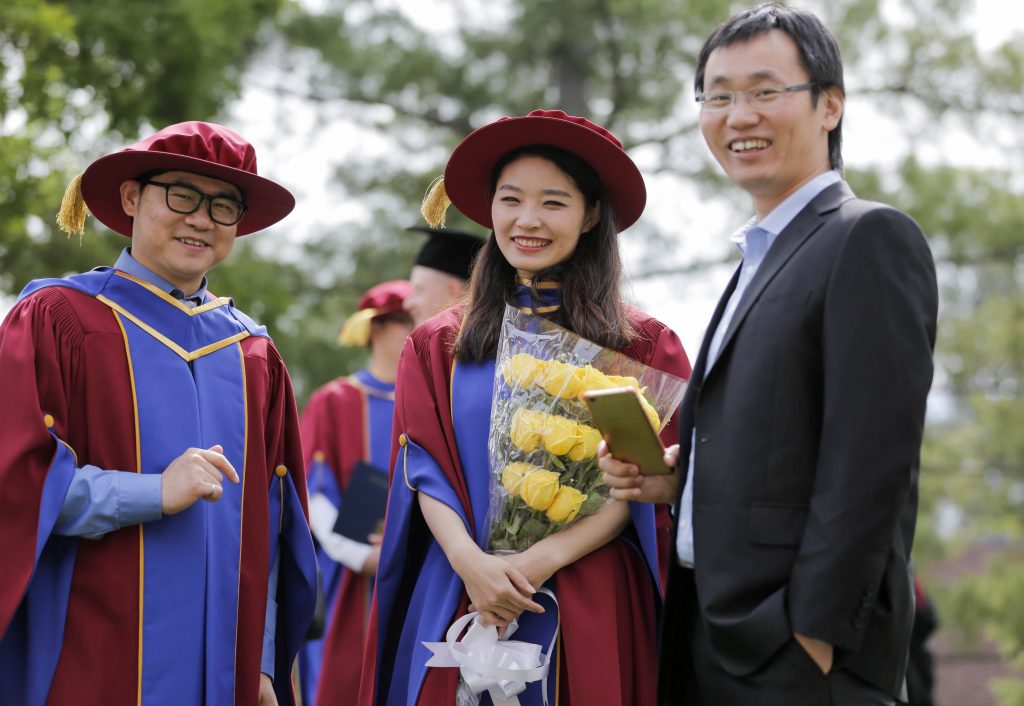
How have your studies at UBC Okanagan prepared you for your new faculty position?
My PhD from UBC built not only a strong research foundation but also a solid academic network for my research career. The courses I took and my teaching assistant experience prepared me well for being faculty member in terms of research and teaching. Besides, the travel grant I received supported me in attending IEEE Communications Society’s flagship conferences, i.e., IEEE International Conference on Communications (ICC) and IEEE Global Communications Conference (Globecom). Those experiences provided me with opportunities to meet other experts in my field and learn the latest advanced technologies in wireless communications, which extended my academic network (a crucial element to my academic career progression).
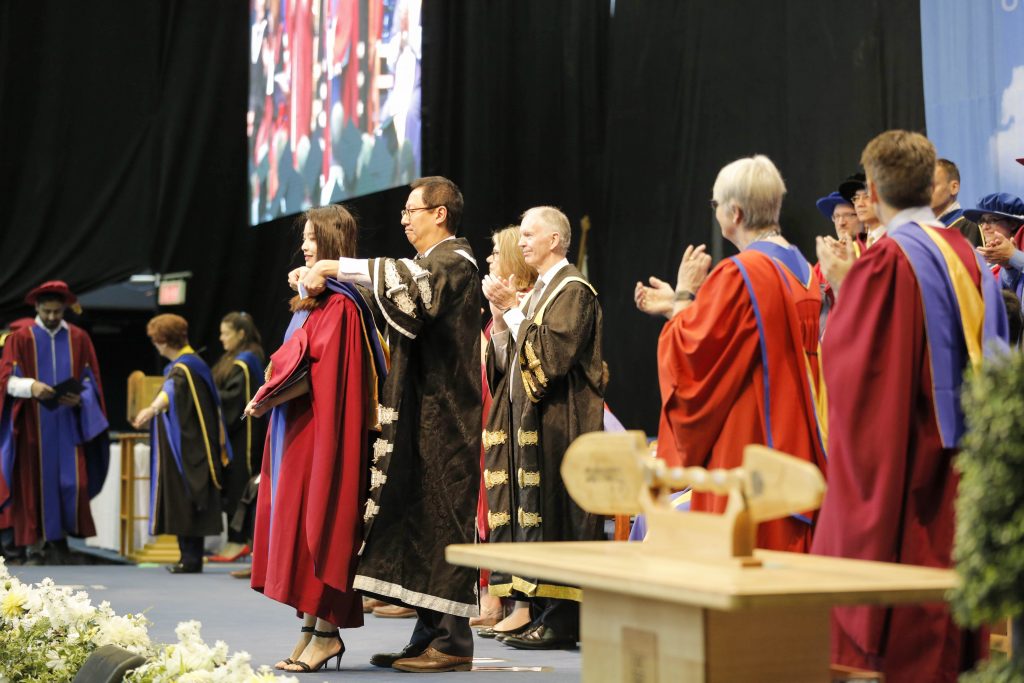
What the process is like in landing a faculty role?
After a long research journey (PhD in UBC Okanagan, postdoc at Lancaster University UK and Manchester University UK, and Assistant professor at Durham University UK), I finally found a excellent faculty position at Western University in London, Ontario. Before this job, I worked as a postdoc and Assistant Professor in UK for four years after graduating from UBC. I must admit that although the process of finding a faculty position in Canada is challenging due to the intense competition, it is quite enjoyable.
It has been a remarkable life experience for me to move from China to Canada to UK, and then finally back to Canada. I love exploring the world and different cultures while studying and working. It was tough at the beginning, especially when facing cultural differences but I kept trying, knowing that things would work out. My efforts finally paid off when I found this dream position. It is a position that I am confident will enable me to achieve my career goals. Thanks to perseverance and the support of my professors and colleagues, I confidently say I am ready for whatever comes next.
What type of research will you be doing in your faculty role?
With the remarkable growth of device diversity and data volume, the sixth generation (6G) wireless network will become extremely complex and crowded due to limited spectrum, increasing connection density, and diverse service demands. The critical challenge in 6G is how to intelligently support a large number of devices with limited spectrum. As an Assistant Professor at Western University, my research mainly focuses on intelligent wireless communications. My research goal is to make the current communication system smart and intelligent, which will revolutionize current communication systems evolving from the traditional “connected things” to “connected intelligence”. This will involve the cooperation of various technologies, including intelligent wireless communications, machine learning/AI, data analysis and computation technologies.
What does the future hold?
My research aims to address the fundamental issues in intelligent wireless communication in terms of energy efficiency, communication efficiency, privacy, and security. This will bring interdisciplinary impacts to communication technologies, AI, and data analytics. The outcomes of the above research will facilitate smart city implementation throughout Canada; where big cities like Toronto and Vancouver have already initiated efforts. Meanwhile, the proposed technologies have strong potential to bring significant economic benefits to supporting organizations and the Canadian communication technology market in the near future (5-10 years).
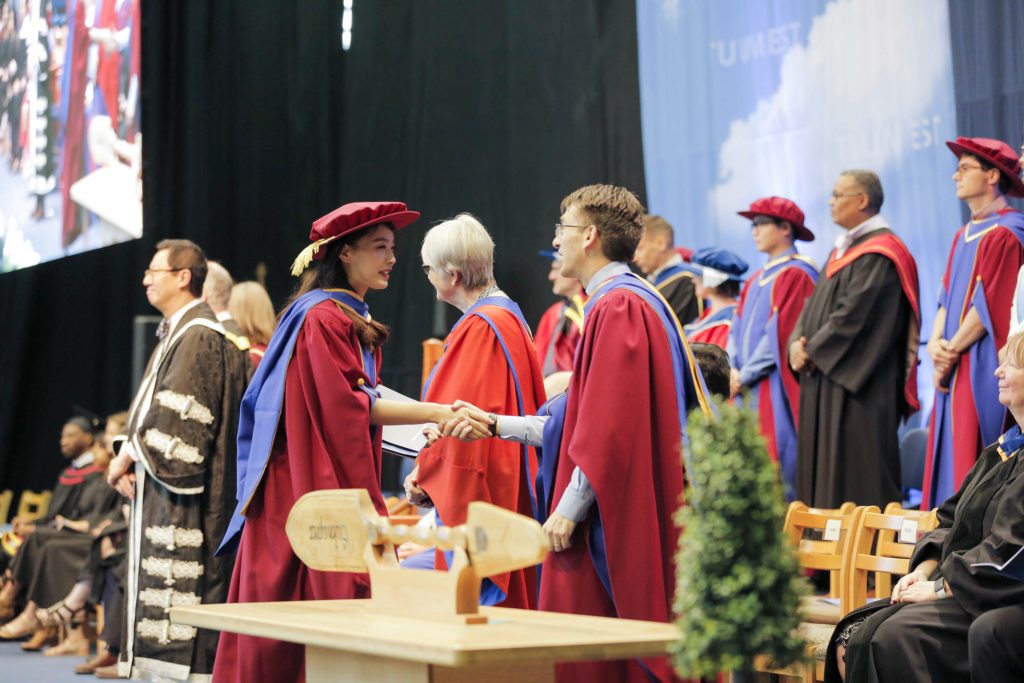
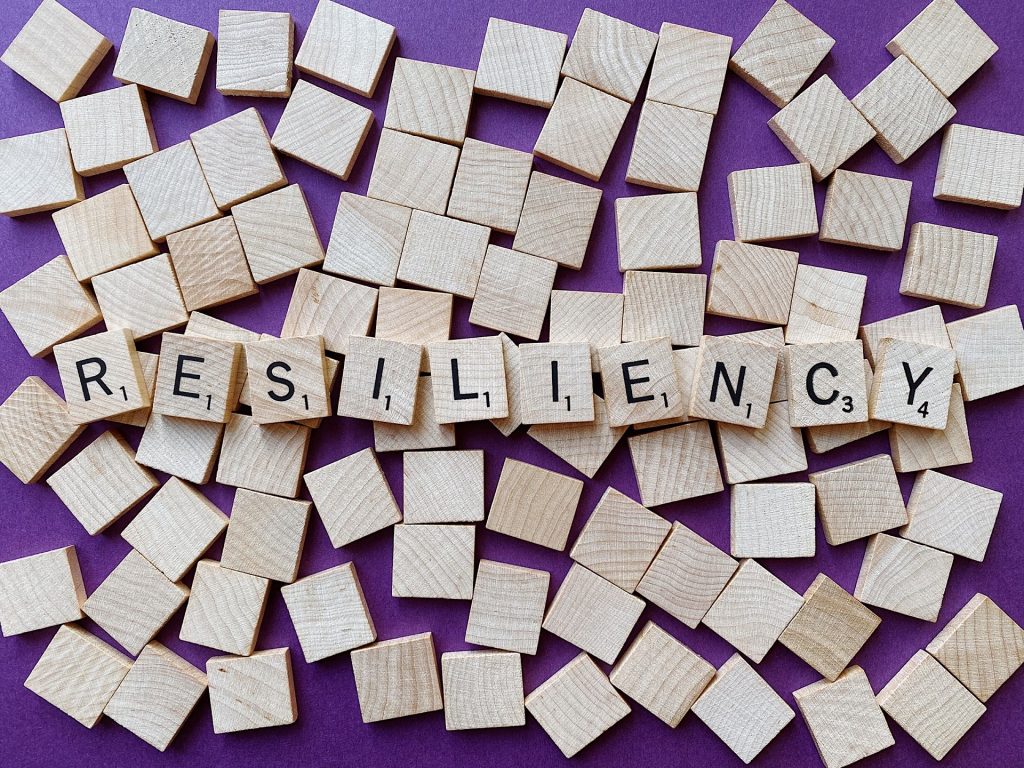
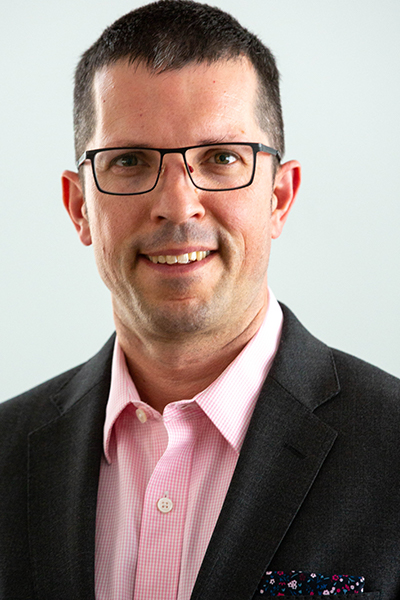
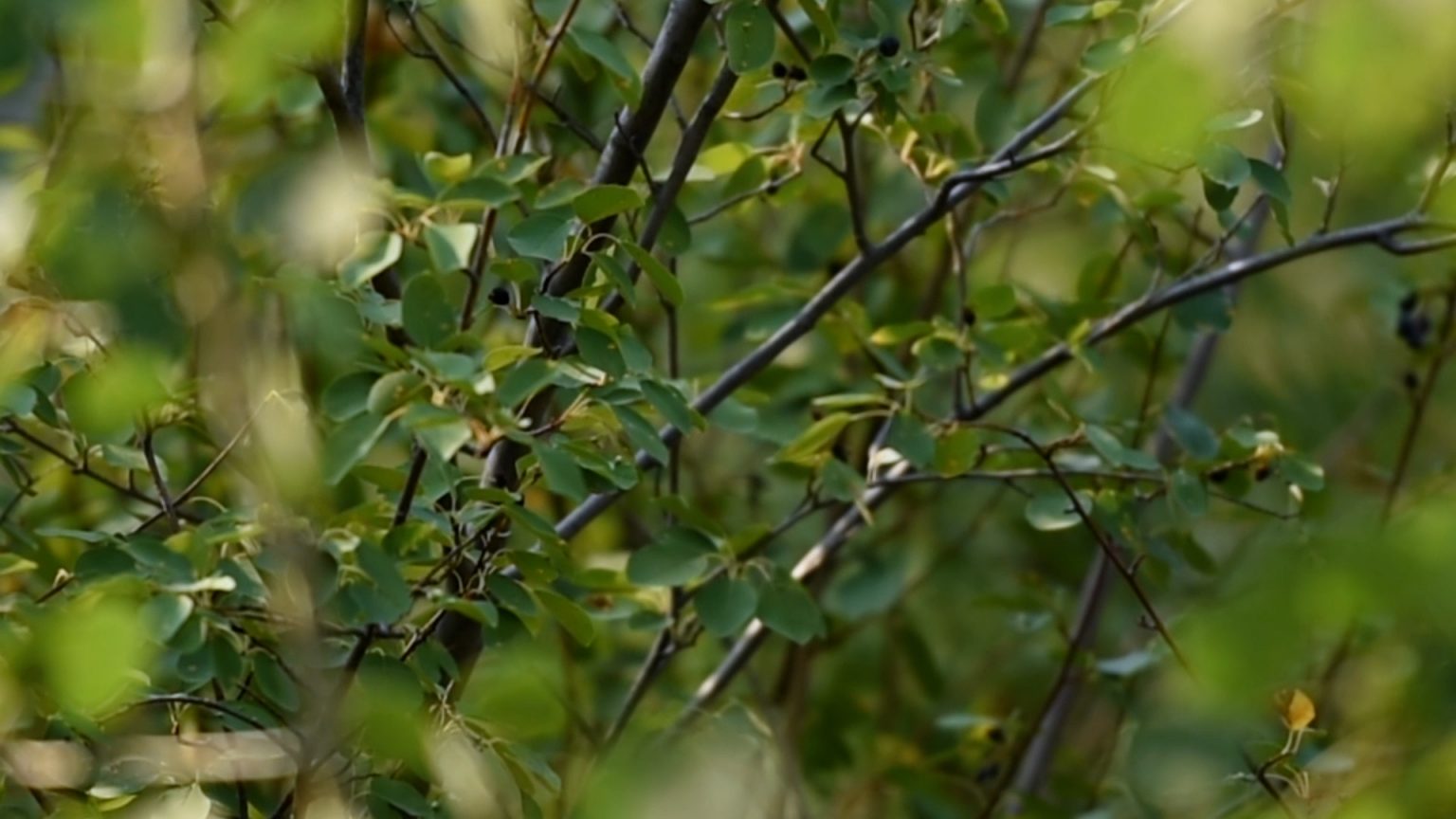
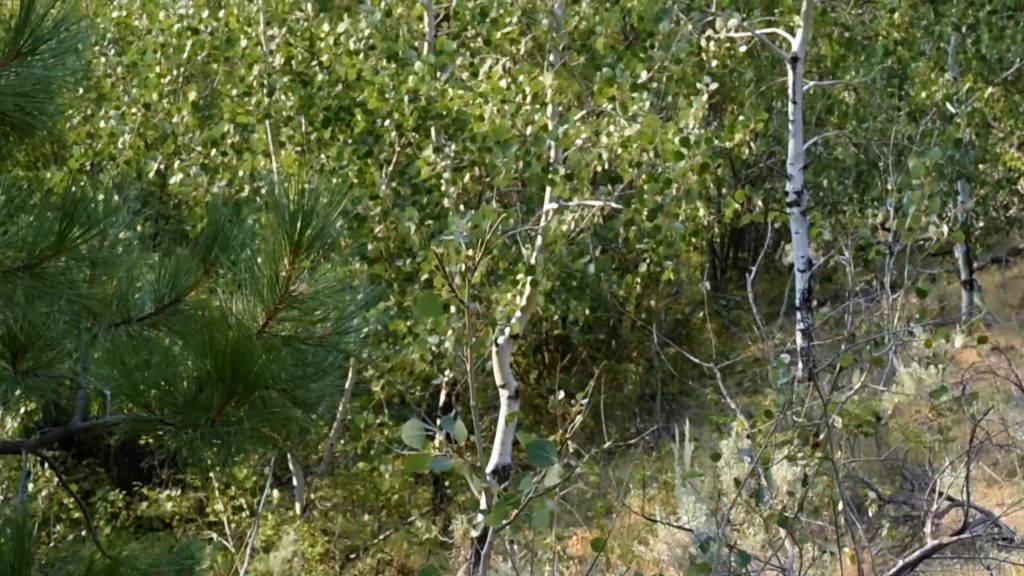
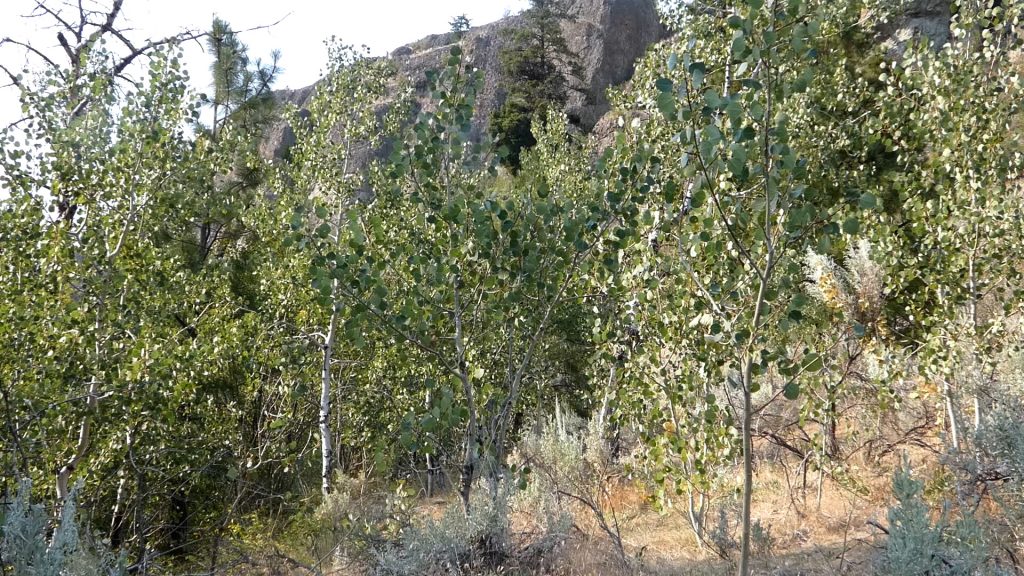
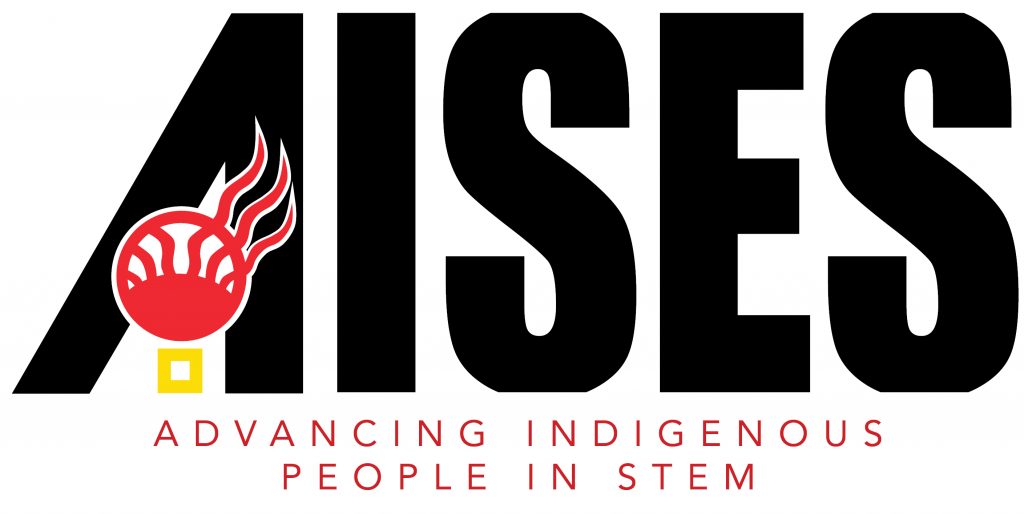
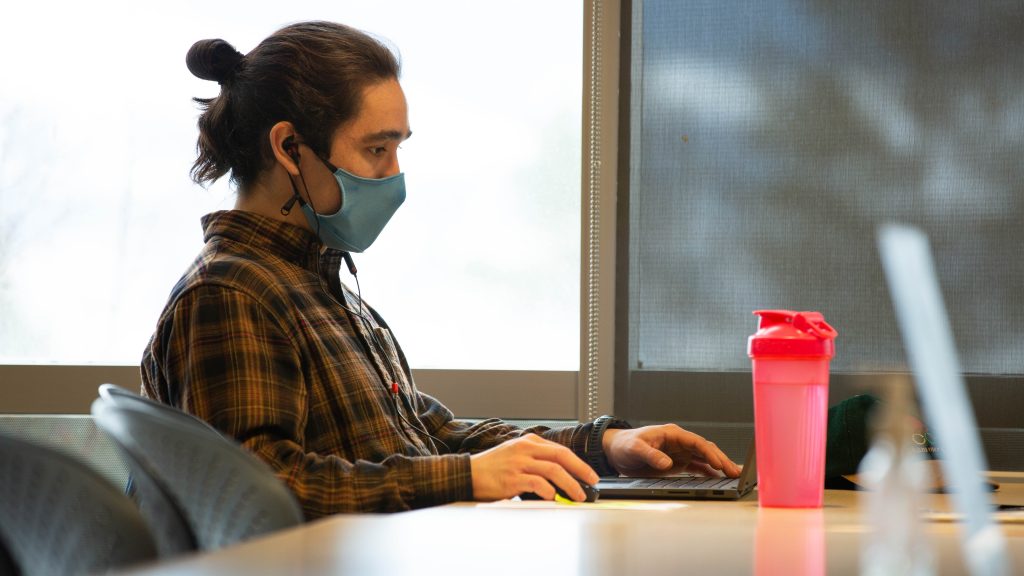
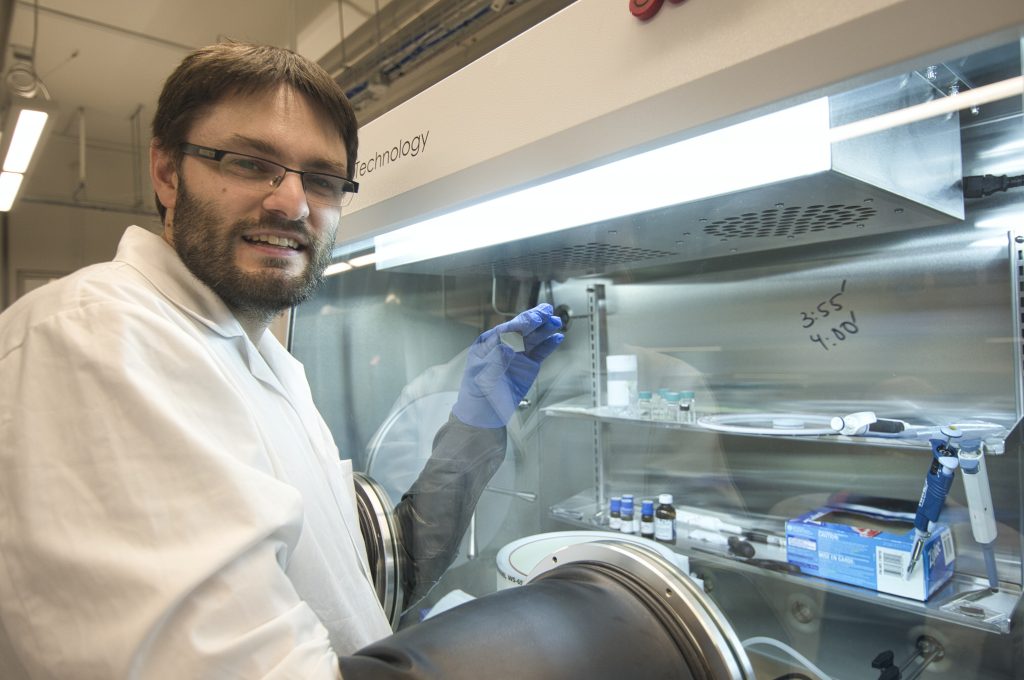
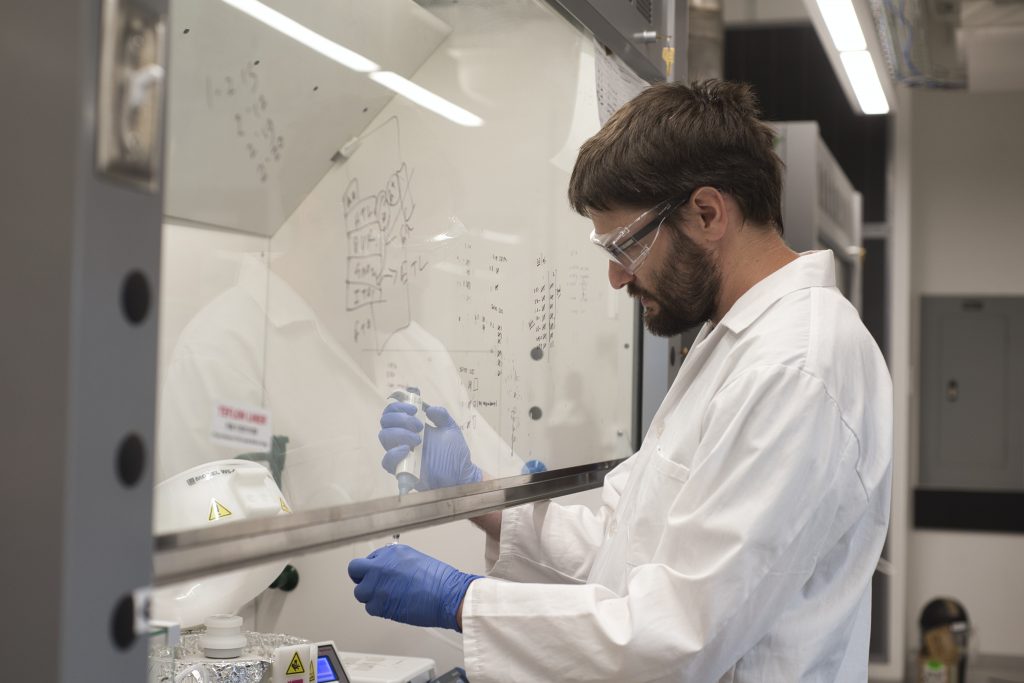
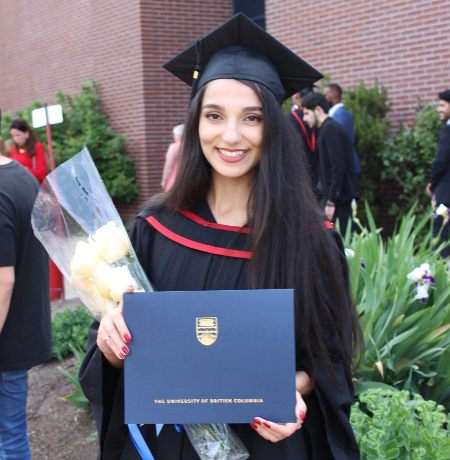
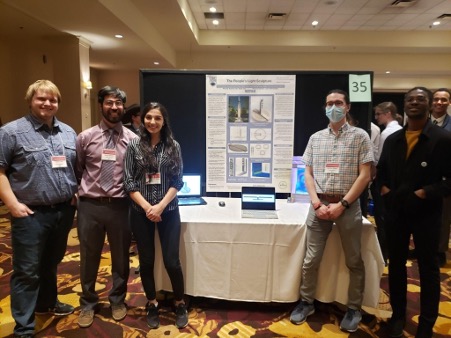
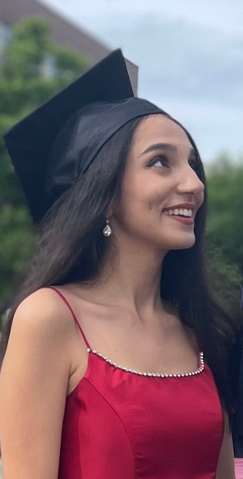
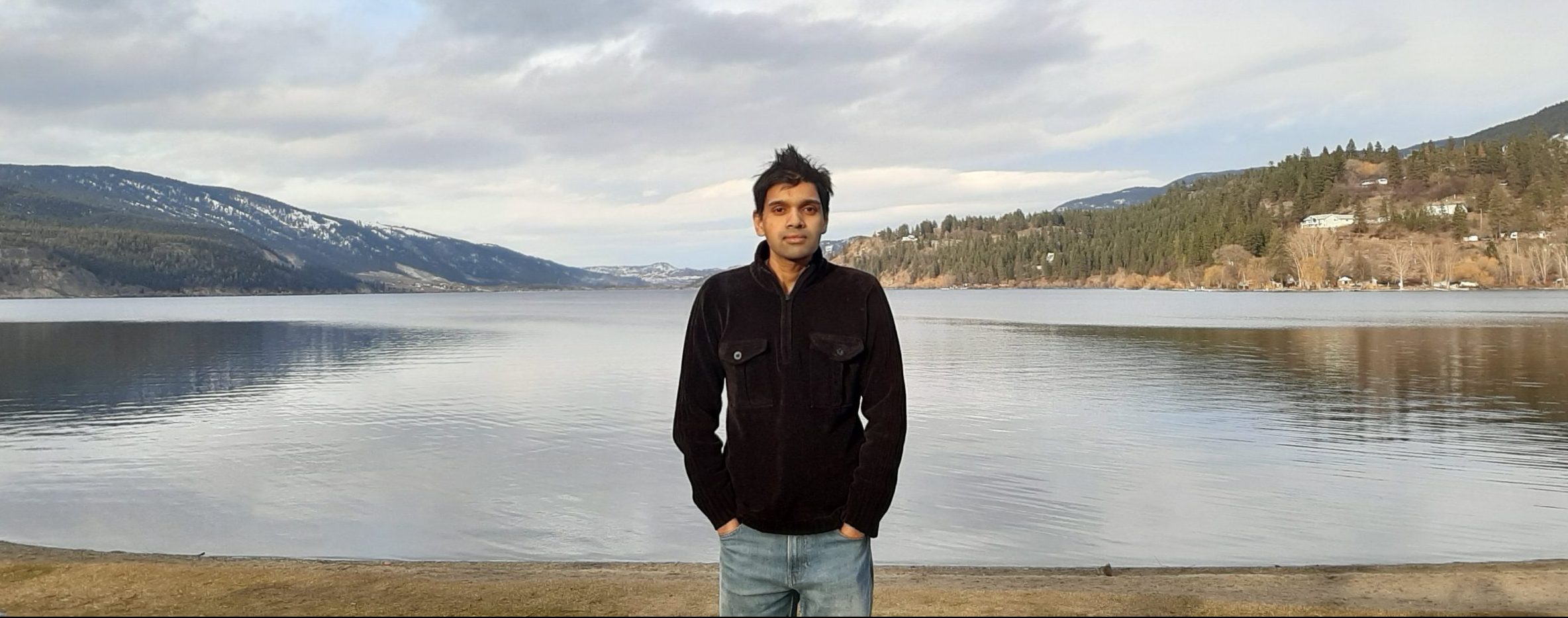 Zoheb Hassan completed his PhD in Electrical and Computer Engineering (ECE) with the University of British Columbia’s in 2019 under the joint supervision of Professor
Zoheb Hassan completed his PhD in Electrical and Computer Engineering (ECE) with the University of British Columbia’s in 2019 under the joint supervision of Professor 